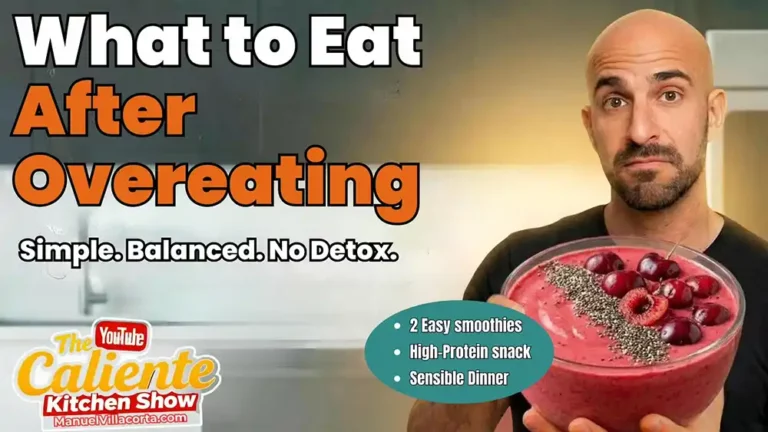
Omega 3s aren’t just those fishy pills slowly calcifying in the back of your medicine cabinet. Recent research is also showing that it has the potential to do so much more for us than keeping our heart and brain healthy.
In fact, as far as fitness freaks and athletes are concerned, consuming enough Omega-3s can result in optimal muscle gain, enhanced recovery, reduce risk of illness and support a high-level competition performance, according to a 2019 study. So, what are Omega-3s?
What Are Omega-3s?
Omega-3s are an essential fat. This means the body cannot make it on its own and has to get it from outside food sources. It’s also considered one of the “good” or healthy fats. It’s polyunsaturated, putting in the same family as the fats found in nuts and seeds. Like other unsaturated fats, Omega-3s have been proven to improve heart health, especially when used in place of saturated fats like high-fat meats, butter, and fried foods. However, it’s important to know there are different types of Omega-3s. Certain supplement companies and even convenience stores have done a good job of piggybacking off of the confusion surrounding the types of Omega-3s to sell you the cheapest types that don’t work as well.
Types of Omega-3s
There are three types of Omega-3 fatty acids: EPA, DHA and ALA.
Here’s how they are different:
EPA
This is one of two types of Omega-3 found in animal sources like seafood and algae. It’s also the type mainly responsible for improving heart health, immune health and fighting inflammation. Recent research even suggests it could help with post-workout muscle soreness and muscle gain.
DHA
This is the other type of Omega found in animal sources. However, it’s responsible for the brain and mental/cognitive health I touched on. It’s also been shown to help improve vision.
ALA
This is found in plant-based sources such as walnuts and flaxseed. Alone, ALA’s don’t have much benefit. But I have good news and bad news. The good news is that ALA can be converted to EPA and DHA by the body. The bad news is that the conversion process is inefficient with only 5-10% being converted. That said, if you want all of the health benefits from Omega-3s, getting it from animal sources rich in EPA is the most efficient way to do that.The bottom line? There are a host of health benefits to reap from Omega-3s, especially if you get it from food. In a later article in the series, I’ll go into further detail about what the benefits are and what to look for in an Omega-3 supplement.
In the next articles of this series, we’ll discuss the best sources of Omega-3s and a full list of health benefits.




